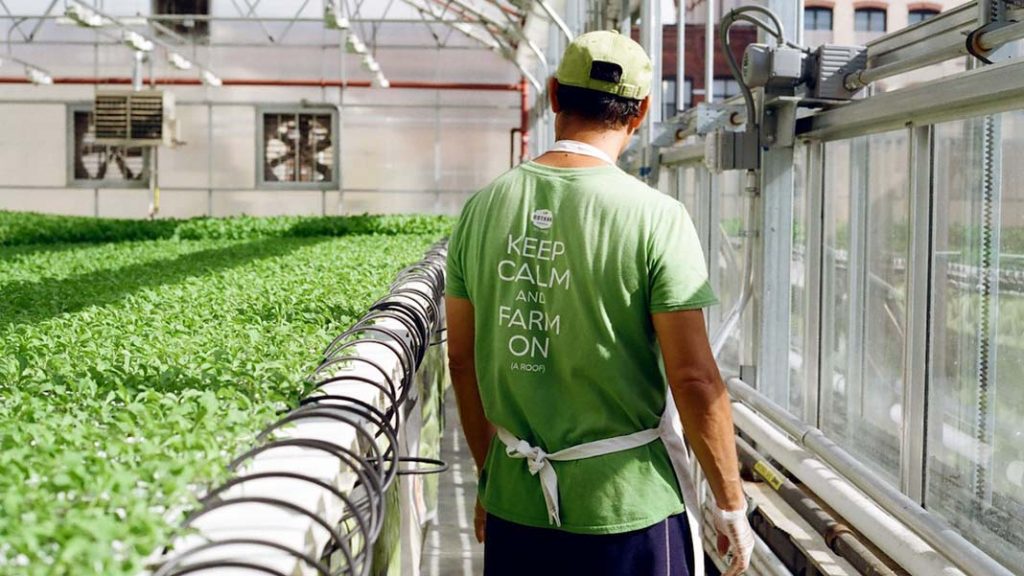Urban agriculture is the transformative trend in how cities are approaching food production and food security. With an ever-increasing urban population, ensuring access to safe and nutritious food has become a paramount concern. From community gardens to commercial urban farms, this article explores how urban farming is reshaping food systems and improving food security.

1. The Blossoming of Urban Agriculture
Urban agriculture is flourishing in various forms.

- Community Gardens and Urban Farms: Providing spaces for urban residents to grow their own food and engage with their community.
- Vertical Farming: An innovative approach to produce high-quality food in limited urban spaces.
- Commercial Urban Agriculture: Includes commercial urban farms that contribute to localized food systems.
2. Addressing Food Insecurity
Urban farming is vital in addressing food insecurity, particularly in urban areas where access to affordable food is limited.
- Improving Food Access: Urban agriculture increases opportunities for city residents to obtain food, especially fresh food.
- Addressing Food Insecurity in Urban Poor Communities: Ensures that even the urban poor have enough food to meet dietary needs and food preferences.
- Food Sovereignty: Empowering urban farmers to control their food sources and ensure food justice.
3. Sustainable Food Systems and Urban Planning
Urban farming plays a vital role in sustainable urban development.
- Sustainable Agriculture Practices: Using urban waste for composting and employing eco-friendly farming techniques.
- Integration with Urban Planning: Creating urban green spaces and incorporating urban agriculture operations into city design.
- USDA and University of California Initiatives: Support and research, such as the Center for Urban Agriculture, enhancing urban agriculture’s impact.
4. Localizing Food Supply Chain
A localized approach helps in enhancing food security and nutrition.
- Shortening Food Supply Chain: Direct connections between local urban farmers and food retail, reducing transportation and enhancing freshness.
- Community-Supported Agriculture (CSA): Connecting farmers and food consumers directly, ensuring a steady food supply.
- Impact on Global Food Landscape: Urban agriculture could also influence global food production trends, offering scalable solutions.
5. Benefits, Challenges, and the Future
Urban agriculture has the potential to transform how we perceive food production and security, but it’s not without challenges.
- Benefits of Urban Agriculture: Including the improvement of food security, access to food, and contributing to sustainable urban living.
- Challenges: Barriers to food production in urban areas such as urban soils and legal restrictions on urban agricultural land.
- The Boom in Urban Agriculture: Indicators that urban agriculture is experiencing growth, especially in areas like Baltimore City, where community food initiatives are thriving.
Conclusion
Urban agriculture’s role in food production and security is more than a trend; it’s a fundamental shift in how we approach food in cities. From vertical farms in city skyscrapers to community gardens and urban agricultural initiatives by organizations like the USDA, urban farming is transforming food access and security.
This shift isn’t just about producing food; it’s about creating sustainable food systems that address the food needs of the urban population. It’s about community, health, and the recognition that urban agriculture can improve food security for all, regardless of socioeconomic status.
Through localized food networks, sustainable practices, and innovations like vertical farming, urban areas are turning food issues into food opportunities. As we look to the future, the role of urban agriculture in feeding our cities becomes not just a possibility but an essential part of our urban fabric.




